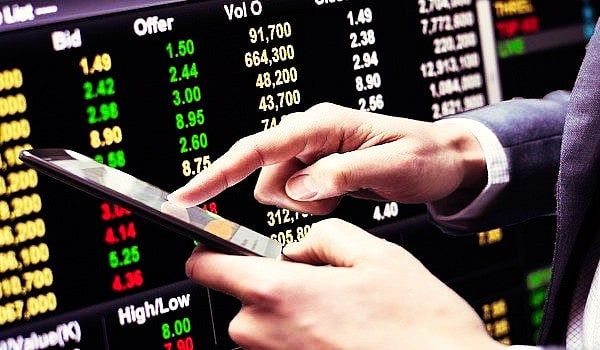
Authentic information, and qualitative analyses by economists, and experts, will save our markets from the clutches of unrealistic and staggering speculations, and prevent potential future market crises.
What matters the most for domestic investors is the ‘Indianness’ realty, and investors must uphold the ‘Indianness’ factor and the rich heritage and ethics that yesteryear market intermediaries cultivated.
Trump upholds the slogan ‘America First’, and the time is ripe for domestic investors, industrialists and the common man to collectively underline the mantra, ‘Indianness’ as one of their birth rights. ‘Indianness’ is a great feel, isn’t it? Yes, it’s not limited to the Indian diaspora living away from their home country.
Unjustified and unwarranted tariffs will harm US, and it’s an irrefutable fact—Trump’s hunt for tariffs will make the already fragmented world and its stock markets poorer, and technically, America is no exemption.
Foreign investors will come and go, but ultimately, the Indianness- factor of domestic investors (individual and institutional) matters the most.
Speculation is an unavoidable factor in stock markets, but undue speculation and unethical reaction, often play the game bad. Our markets draw lessons from three decades of experience in identifying, analysing and communicating about risks. Indeed, investors, in general, and many speculators in particular overlook the ground market realities.
We see, risk-analysis and genuine communication missing in market communities every now and then. Communications must reveal risks as several forces—regulators, stock exchanges, listed companies, and informed investors, and the media—must work together to release quality communications to the market.
Are markets over-emphasising the tariff factor? Not really. But Indian economy and its markets can certainly stand firm in this tariff war. Industry and market analyses, and macro and micro assessments must be data-driven with expert judgments, and only qualitative insights could help stock markets achieve sustainability, and avoid the characteristics of undue speculation and gambling, if any. Potential risks should be analysed comprehensively and continuously, and broad reviews of market indicators are the key to sustainable market development.
For the business world, ‘‘none of my business’ approach is over. At the moment, people of world’s top two economies, and a few other leading economic zones are witnessing the repercussions of global trade war fears. Potential sanctions in China for American goods fuelled the concerns. Trade wars and fears have been the realities of world trade, economic and political conditions for centuries.
Reprieves are common in trade conflicts and tariffs, and some countries are expected to impose tariffs on some US imports in a response to new US duties on Chinese goods. If things fail to move in the right direction, China imposing more levies on US coal, LNG, crude oil, farm equipment, trucks as well as big-engine vehicles shipped to China cannot be ruled out.
It is imperative to identity all sources of market vulnerabilities and risks by the regulators and the intermediaries at an early stage. Timely communication and macroprudential corrective intervention by the regulators, and the resultant investment decisions by the investors are the effective solutions for a sustainable economy and stock market. It’s easy to talk about macroprudential policymaking, but a collective approach on communications and corrective actions by the financial, banking, capital markets will mitigate market vulnerabilities and risks, and maintain credibility. There is room for further enhancing market discipline by avoiding speculators’ false bells, promoting well-balanced communications and creating greater risk awareness.